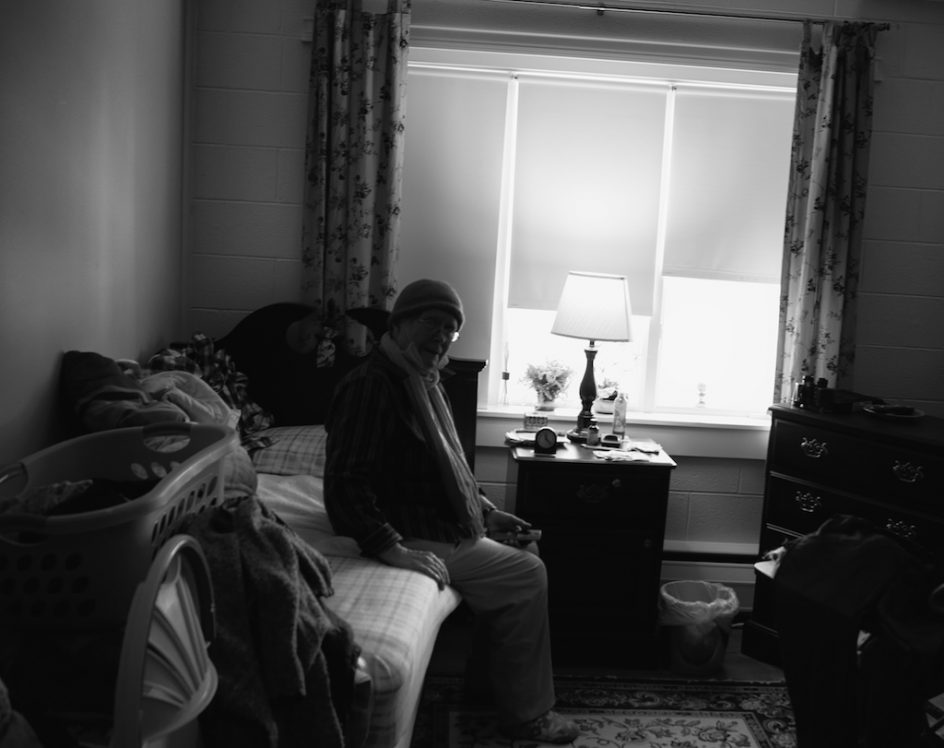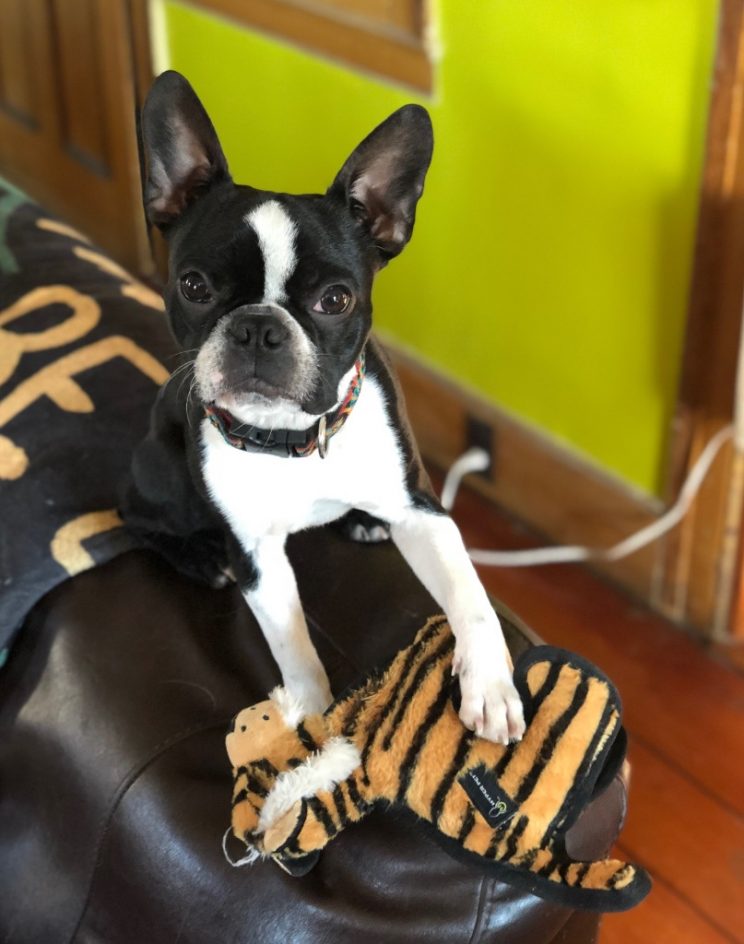
Whatever I do, I need courage. Whatever path I take, there is always someone to tell me that I am wrong. There are always more difficulties than I anticipated, and I often stumble and think my critics must be right.
It is not courageous to think I am always right, it is courageous to go forward even if I might be wrong.
I do not associate courage with myself. It is most often invoked in combat or in extraordinary heroism, the kind suggested by the teachers in Parkland, Florida. But courage is broader than that, deeper than just physical courage, I think.
To choose a meaningful life, to map out a course of action and follow it to the end requires some of the same courage that a soldier needs, wrote Ralph Waldo Emerson. “Peace has its victories, but it takes brave men and women to live them.”
I don’t believe the purpose of life is to be happy or free of trouble. For me, it is to be useful, to be honest, to love, to be compassionate, to study and learn empathy, to have made a difference. I do not see myself as courageous, yet I know that I have needed to be courageous to live my life and to change my life.
Courage is defined as the ability to do something that frightens me; to show strength in the face of pain or grief.
Psychology Today lists six attributes of courage:
l. Feeling fear yet choosing to act.
2.Following your heart.
3.Persevering in the face of adversity.
4. Standing up for what is right.
5.Letting go of the familiar.
6. Facing suffering with dignity, grace and faith.
I have felt fear and even terror almost of my life, fear shaped my life, opened and closed doors, hurt the people around me and finally, nearly destroyed me. I did press on, I resolved that fear was just a space to cross, and I crossed it almost every single time. I acted, no matter how frightened I was.
I have followed my heart, I am learning to trust my intuition, to speak my truth. It takes courage to endure the sharp pains of self discovery rather than accept the dull pain of unconsciousness and obliviousness.
I have persevered in the face of adversity. At every step of my hero journey, i faced danger, disappointment, confusion and terror. A hero, said Emerson, is no braver than any ordinary man or women, he is just braver five minutes longer. Along my path, I met magical helpers, sometimes in the form of animals, sometimes people, who guided me back to my ordinary life.
I have learned late in life to stand up for what i believe is right, even though I often am not certain what right is. I have followed my heart. Standing up to evil and injustice is sometimes as important as defeating it, because it tells me who I am, and tells me I am strong.
I have let go of the familiar, leaving behind everything I knew and loved and understood. My greatest heroes stand up not because they believe it is right to do so, not because they know they will win. Today, my greatest heroes are the students in Parkland, Florida, their selfless courage is a victory all of its own. When my moment comes, I hope to be as brave.
I am learning to face suffering with dignity, grace and faith. I do not speak poorly of my life, I am devoted to learning the practice of empathy, to stand in the shoes of another human being, and thus affirm my humanity. Everyone faces greater struggles than I do.
Empathy is central to my moral universe. It is the hallmark of a noble spirit, a pillar of social justice, and the gateway to reaching our highest human potential. It takes courage to see a murderer, even a mass murderer, as a broken human being rather than a demon or monster. It takes courage to walk away from the mob.
Do I have courage? I don’t yet know, really. I would not describe myself as courageous.
It is not for me to say.
I have not yet been tested in the ultimate way.
When I had open heart surgery for years ago, I remember rolling into the surgical suite, handing on to Maria’s hand for what might be, I thought, the last time. I went in smiling, I felt I was being carried along by angels. I felt no fear, I felt the angels were riding on my bed along with me.
And me, who has felt fear all of my life, felt no fear at all that day, I felt the terror turning to mist and rising out of my body and up to the sky.
I let go of it, I bowed to the fates. Emerson said to be yourself in a world that is constantly trying to make you something else is the greatest accomplishment.
It requires courage. Whatever I do, I need courage to keep me strong.
I am myself.


